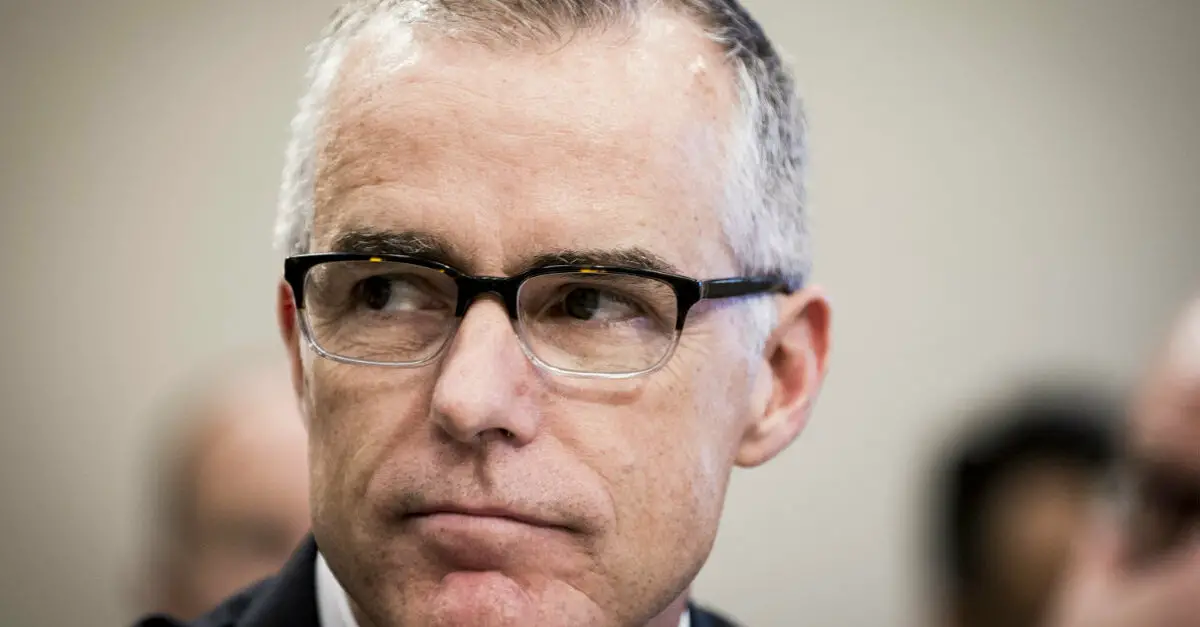The DOJ is about to make a final decision on whether to prosecute Andrew McCabe for lying to instigators about leaks to the media he was responsible for.
Judging by what has occurred over the last couple of weeks, it appears they plan on going after him.
His lawyers met with the prosecutors and after those meetings, they met with the top investigator.
Why is that important?
Because lawyers will meet with the prosecutors in order to try to keep them from filing charges and if that fails, they try to meet with the investigators in hopes of convincing them to talk the prosecutors out of making changes.
An investigation by the Department of Justice (DOJ) into whether disgraced FBI Deputy Director Andrew McCabe made false statements during an internal inquiry into a news media leaks is in its “final stages,” according to a report.
DOJ inspector general Michael Horowitz last year referred for investigation and possible prosecution allegations that McCabe lied under oath when questioned about the source of information in a 2016 Wall Street Journal story about an FBI inquiry into the Clinton Foundation. McCabe has acknowledged that he permitted subordinates to speak to the reporter to correct what he said was a false narrative, but he has denied that he lied to investigators. Horowitz’s report formed the basis of a recommendation by the FBI’s Office of Professional Responsibility for then-Attorney General Jeff Sessions to fire McCabe in March 2018.
According to the New York Times, McCabe’s legal team recently met with senior DOJ officials to discuss the investigation in what may have been a last-ditch attempt to sway authorities from bringing charges against the longtime Deep Stater:
In two meetings last week, Mr. McCabe’s lawyers met with the deputy attorney general, Jeffrey A. Rosen, who is expected to be involved in the decision about whether to prosecute, and for more than an hour with the United States attorney for the District of Columbia, Jessie K. Liu, according to a person familiar with the meetings. The person would not detail the discussions, but defense lawyers typically meet with top law enforcement officials to try to persuade them not to indict their client if they failed to get line prosecutors to drop the case.

